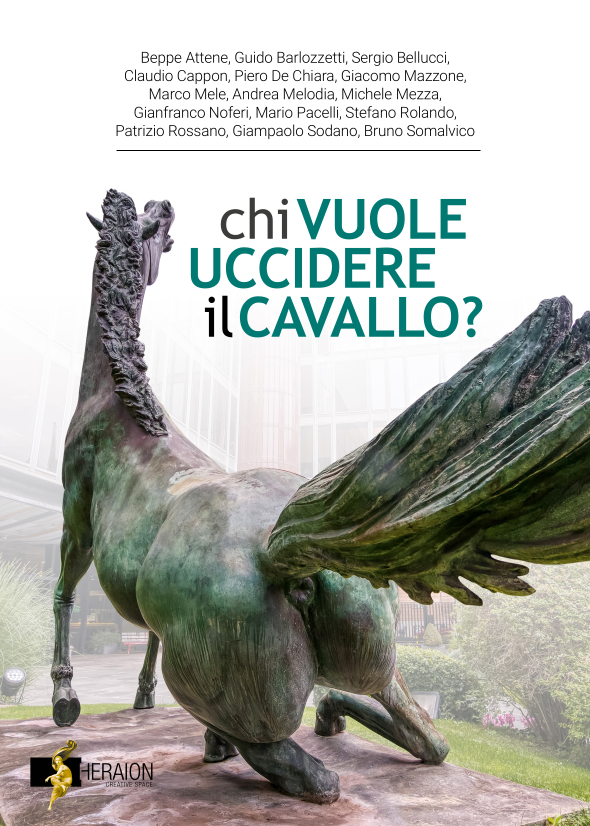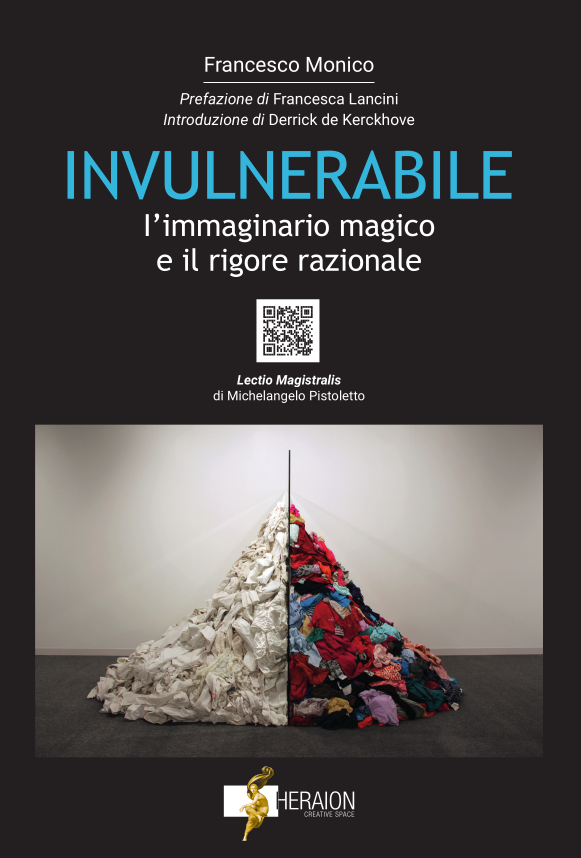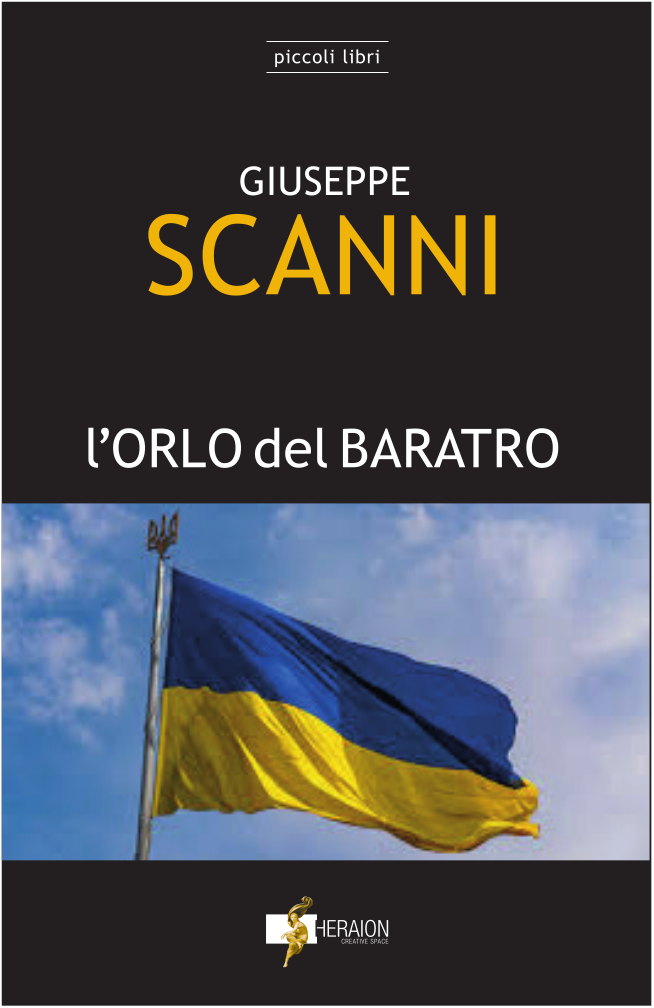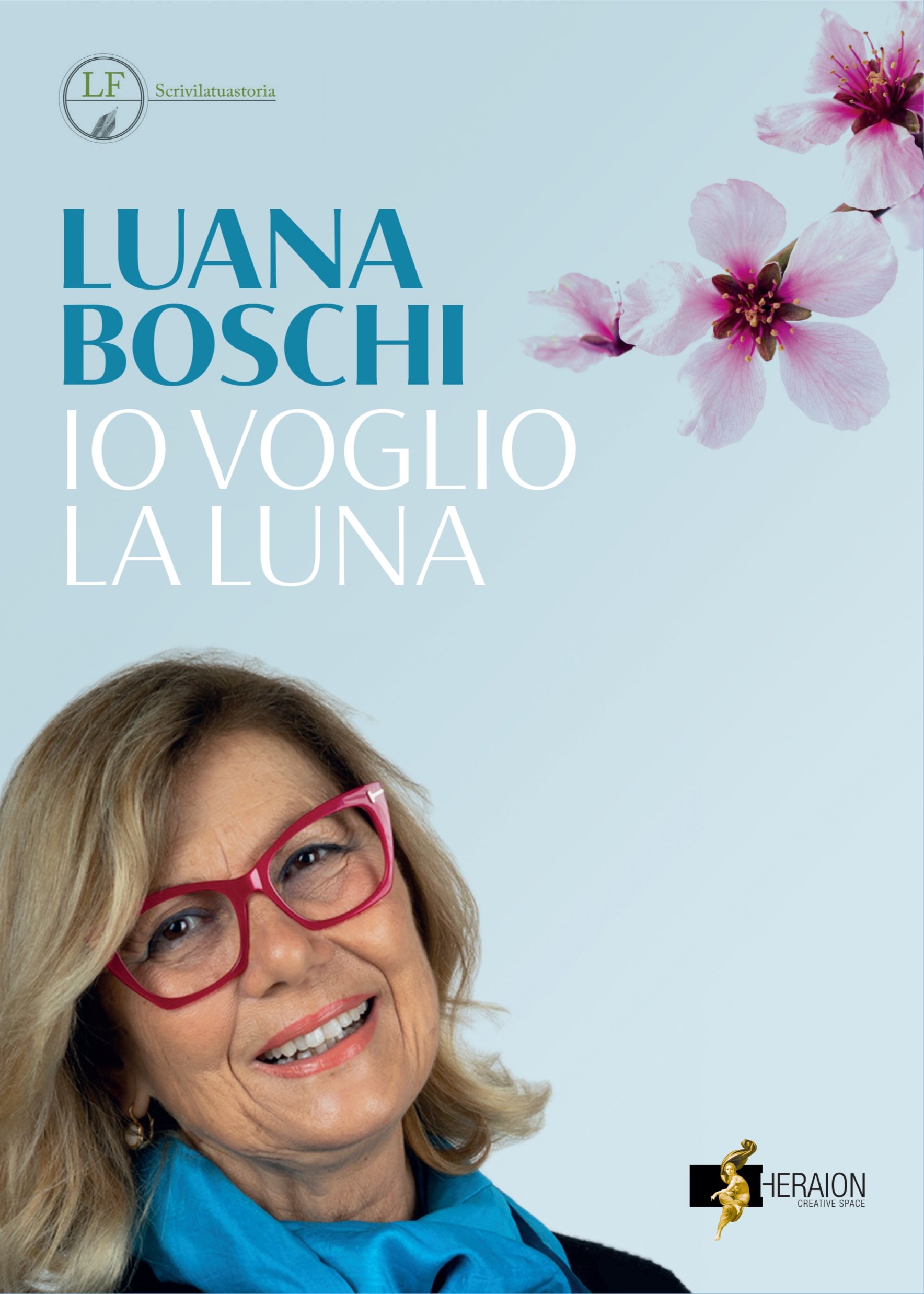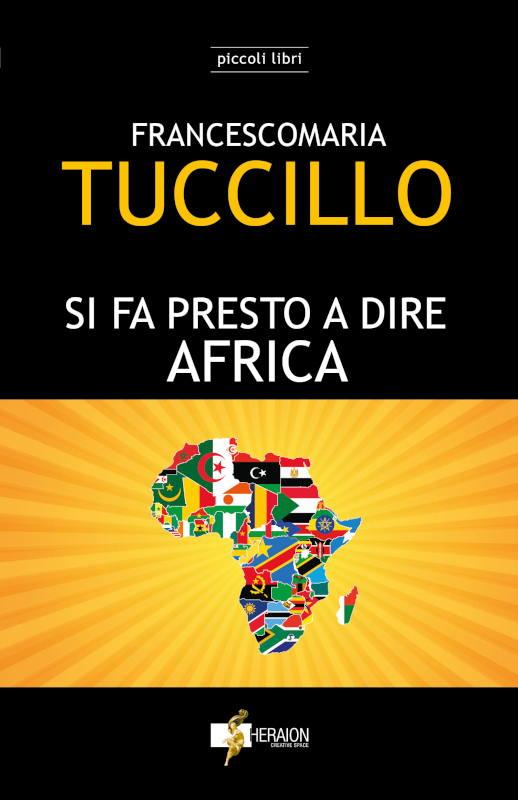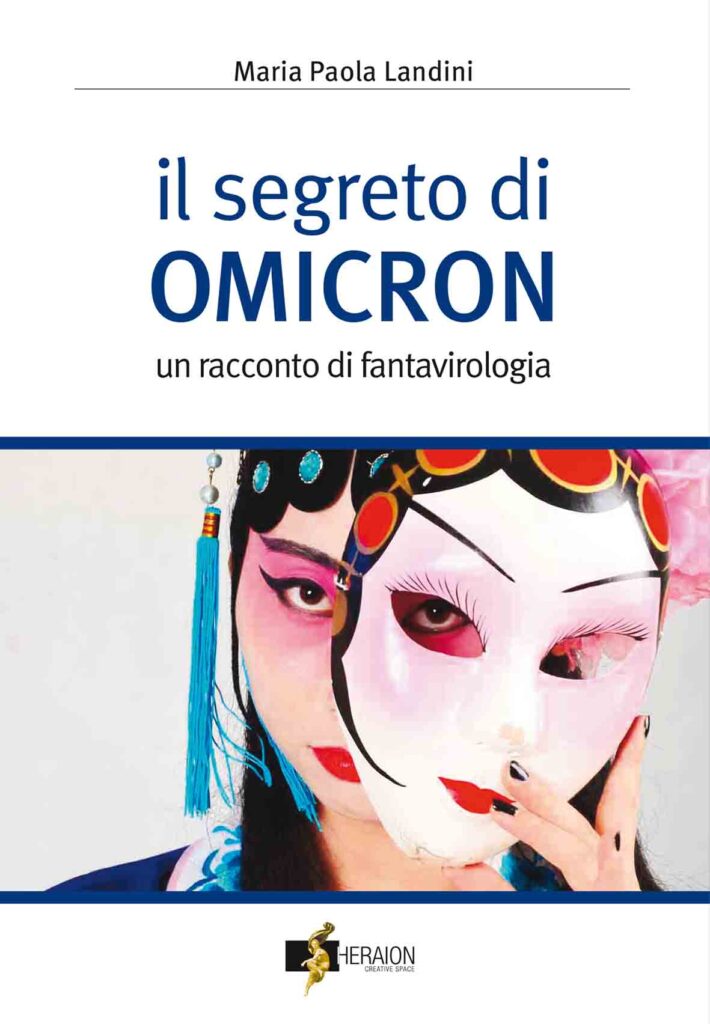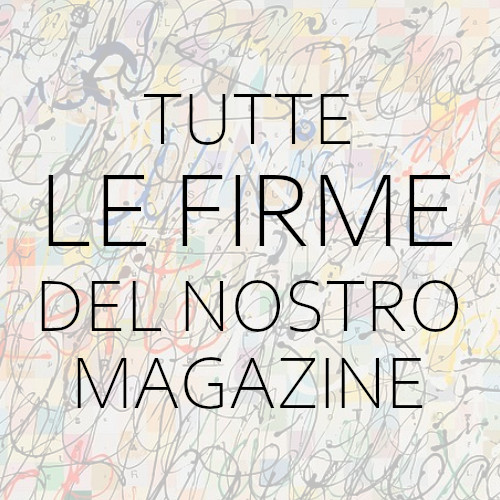THE WESTERN POLITICAL THOUGHT
Abstract: Aristotele (384-322 a.C.), allievo di Platone e maestro di Alessandro Magno, condivide con il suo maestro l’idea che la politica sia il contesto in cui si realizza il concetto di giustizia. Tuttavia, per Aristotele, la politica è una scienza pratica, basata sull’analisi della vita sociale e orientata alla realizzazione della eudaimonia (felicità). A differenza di Platone, che cercava una forma di governo assoluta e universale, Aristotele propone una politica flessibile, dove la forma migliore di governo dipende dalle condizioni specifiche di ogni polis. Nella sua Etica Nicomachea, collega la politica all’etica, sostenendo che la vita buona può essere raggiunta solo in una società giusta che promuove la virtù. La giustizia, per Aristotele, è sia una virtù individuale sia un principio di armonia sociale, riflettendo l’idea che l’uomo è un animale politico per natura. Aristotele classifica i governi in forme “sane” (monarchia, aristocrazia e politica) e forme “degenerate” (tirannia, oligarchia e demagogia), sottolineando che la costituzione migliore è quella che risponde alle esigenze particolari di una società.
Aristotle (384–322 BC), a pupil of Plato and tutor to Alexander the Great, shared with his teacher the idea that politics is the realm in which the concept of justice is realized. However, for Aristotle, politics is a practical science, grounded in the analysis of social life. Unlike theoretical sciences, which explore eternal and unchanging truths, politics is concerned with praxis—the actions that guide human life toward goals like pleasure, honour, virtue, and ultimately happiness.
Aristotle’s political philosophy diverges from Plato’s on two key points. First, while Plato sought an absolute and universally valid form of government, Aristotle focused on finding the best form of governance for each individual city-state. For Aristotle, there is no single, ideal model of the state; instead, different political structures can lead to the best form of coexistence, depending on the specific conditions of each society.
In his Nicomachean Ethics, Aristotle delves into the nature of ethics, with particular emphasis on the concept of justice. Here, he links ethics directly to politics, suggesting that the good life, or eudaimonia (happiness or flourishing), can only be achieved within a just society that fosters virtuous living. Aristotle’s approach to politics is thus more flexible and grounded in the practical realities of human societies compared to Plato’s more abstract idealism.
On an ethical level, Aristotle takes a position fundamentally opposed to Plato’s abstract notion of the Highest Good that dictates human actions. For Aristotle, the Highest Good is not an ideal form residing in the heavens (Hyperuranium), as Plato suggested, but is found within the individual will and the realm of human action. It is rooted in the conscience of each person, rather than being an abstract intellectual concept.
In this view, Aristotle’s ethics emphasizes the importance of personal moral awareness. The Highest Good is not merely a matter of intellectual knowledge where, as Plato believed, knowing the good would inevitably lead to doing the good. Instead, Aristotle argues that individuals must “feel” the value of the good within their conscience, recognizing how it fosters eudaimonia—happiness or flourishing. Thus, the Idea of the Good manifests through feeling and action, and only through doing the good can a person achieve happiness, which is the essence of Aristotle’s ethical eudaimonism.
Aristotle identifies three levels of happiness: apolaustikos bios (the life of enjoyment), which is superficial and linked to fleeting material pleasures; politikos bios (the life of relationships, particularly political life), which provides a more enduring form of happiness, especially through philia (friendship); and theoretikos bios (the contemplative life), the highest form of happiness, attainable by only a few. Through the pursuit of knowledge and intellectual fulfilment, Aristotle argues that humans can achieve true happiness, making the contemplative life the pinnacle of human flourishing.
A life lived according to reason, Aristotle argues, is attainable only for the wise—those capable of rising above the pursuit of material goods. In line with his three degrees of happiness, Aristotle’s concept of virtue is rooted in the idea of the golden mean, where virtue is the balance between two extremes: excess and deficiency. Politically, this balance is reflected in avoiding both the extreme wealth of the few and the poverty of the masses.
Aristotle distinguishes between two types of virtues: ethical virtues and dianoetic (intellectual) virtues. Ethical virtues involve finding the right balance through the exercise of prudence or practical wisdom, while dianoetic virtues are developed through knowledge and intellectual reasoning.
Justice, in Aristotle’s view, emerges from the balance of these virtues. It is both an individual virtue and a guiding principle for human behaviour, reflecting the idea that man is, by nature, a political animal. However, justice extends beyond the individual and governs relationships within society, encompassing both legitimacy and equality in the political community (polis). Thus, Aristotle’s notion of justice is not only about personal moral conduct but also about the fair and equitable functioning of the state, ensuring harmony within the broader social framework.
Aristotle accepts the first meaning of justice as compliance with laws, as laws are designed to serve the common good. For him, justice precedes all virtues and is considered the highest virtue. Unlike Plato’s abstract ideal of justice, Aristotle views justice as a flexible concept that manifests in various ways, depending on how reason is applied. This idea is elaborated in his Politics, which can be analysed around four key themes:
- the analysis of koinomìa (community or associated life): Aristotle views society as an organic product of human development, shaped by a network of complex social relationships. He emphasizes the distinction between the public sphere, where political power resides, and the private sphere, represented by the oikos (family). In the family, relationships are not driven by economic exchanges (do ut des), but by mutual love and care
- public power and its relation to free and equal individuals: Aristotle argues that political power should operate in a pluralistic society, where the private domain of family and property is respected and protected. The bond that holds society together is philia (friendship), which promotes harmony and concord among citizens
- forms of government: Aristotle classifies government systems based on the number of rulers and their concern for the public or private interest. He identifies three “healthy” forms of government: monarchy, aristocracy, and polity (a form of constitutional rule). Corresponding to these are three “degenerate” forms: tyranny (the corruption of monarchy), oligarchy (the corruption of aristocracy), and demagogy or democracy in its worst form (the corruption of polity). These government types do not evolve in a fixed sequence but arise through disruptions such as revolutions or coups.
- the “optimal Constitution”: Aristotle explores the ideal constitution in terms of its stability, longevity, and ability to perfect the lives of citizens. The best constitution is one that reflects the values and needs of a specific society at a particular historical moment, ensuring effective governance and citizen participation.
Aristotle also emphasizes the importance of studying the historical development of each state, as seen in his Constitution of the Athenians. Understanding this process helps reveal how each state arrives at its constitution, which mirrors its foundational values. This approach underscores Aristotle’s belief that the best form of government is not universal but must be adapted to the unique circumstances of each society.
SEGNALIAMO
-
RESTITUIRE RAZIONALITÀ ALLE RELAZIONI FRA GLI STATI, PER EVITARE CAOS E AUTODISTRUZIONE

di Luigi Troiani Si intende per comportamento razionale del sistema internazionale, ogni azione che questo compia nel solco della pacificazione e della giustizia tra le nazioni. La razionalità del sistema e delle sue componenti, siano essi stati, organizzazioni internazionali, ONG, religioni organizzate, si esprime attraverso comportamenti in linea con le due esigenze superiori sistemiche di…
-
MANIFESTO POLITICO DEL CIVISMO IN TOSCANA

di Francesco Carbini
-
L’EUROPA E LA SINDROME DEI MAGNIFICI SETTE

di Andrea Attilio Grilli Il contesto geopolitico internazionale richiede scelte nuove, profondamente diverse dall’idea che soprattutto l’Europa si era fatta del futuro. Si era affermata, infatti, una visione statica del futuro dell’Umanità dove il ciclo di vita nascere-morire si sarebbe sviluppato sotto il cappello protettivo degli USA e della NATO. Mentre l’Unione Europea si preoccupava…
-
LA FRATTURA TRA GIORNALISMO CARTACEO E DIGITALE

di Michele Mezza I dialoghi crudi e senza veli con i soldati israeliani in missione a Gaza, in cui si rivelano pratiche ormai ordinarie di tiro al piccione contro inermi palestinesi, che riporta Gianluca Mercuri nella sua newsletter, pubblicata dal sito del Corriere della Sera, non arrivano sulle pagine del quotidiano milanese. Lo stesso accade…
-
COSA RESTA DEI NOSTRI AMORI?

Podcast n. 150 di Stefano Rolando Politica e anni ’60. La versione di ex-ventenni. Non parlo solo di me, ma anche di Enrico Deaglio, Claudio Martelli e Pier Luigi Bersani. Versione audio: Versione scritta: https://stefanorolando.it/?p=10761
-
VITA E MORTE DI ANTONIO BISAGLIA

di Mario Pacelli Domenica 24 giugno 1984: un panfilo a due alberi, il “Rosalù”, naviga davanti alla baia di Paraggi. Sono circa le tre del pomeriggio quando un corpo cade in mare dal panfilo. Una donna bionda sdraiata su un asciugamano balza in piedi. Un uomo si getta in acqua: con una corda il corpo…
-
VIVERE È UN ATTO POLITICO

di Chiara Lopresti Vivere è di fatto un atto politico. Non c’è alcuna sfera della nostra vita che non sia in qualche modo influenzata dalla politica e da quello che crea intorno a noi. Mangiare vegano, biologico, senza pesticidi, da galline allevate a terra ed esclusivamente a terra; boicottare brand e aziende che abbracciano valori…
-
RIPENSANDOCI

di Beppe Attene Erano gli anni ’50 quando nacque e si diffuse il concetto di “familismo amorale”. Nato dalle ricerche di un sociologo americano in un paesino della Basilicata metteva in luce il disinteresse (se non il rifiuto) per i bisogni di carattere collettivo cui corrispondeva un’attenzione sistematica e quasi morbosa per gli obiettivi dell’ambito…
-
PIANO B: UNO SPARTITO PER LA FRATERNITÀ CIVILE

di Leonardo Becchetti Dal NUMERO 6 della rivista IL MONDO NUOVO. Ora in edicola Nel cuore delle democrazie mature, si è consolidata una forma di partecipazione politica che assegna ai cittadini un ruolo passivo: scegliere tra partiti o leader, oppure astenersi. Quest’ultima opzione è purtroppo sempre più diffusa. Ma una democrazia vitale si fonda sulla…
-
DISUGUAGLIANZE

Podcast n. 147 di Stefano Rolando Disuguaglianze. Dal “motore del fare” alla contemplazione. Dalla ricerca “Italia (ancora) diseguale” della Fondazione Friedrich Ebert Stiftung discussa a Milano. Le disparità socioeconomiche territoriali raccontate con l’aggiunta della parola “ancora”. Ma un tempo esse muovevano ideologie, politiche e ascensori sociali. Oggi una parte politica le contempla e l’altra le usa…




